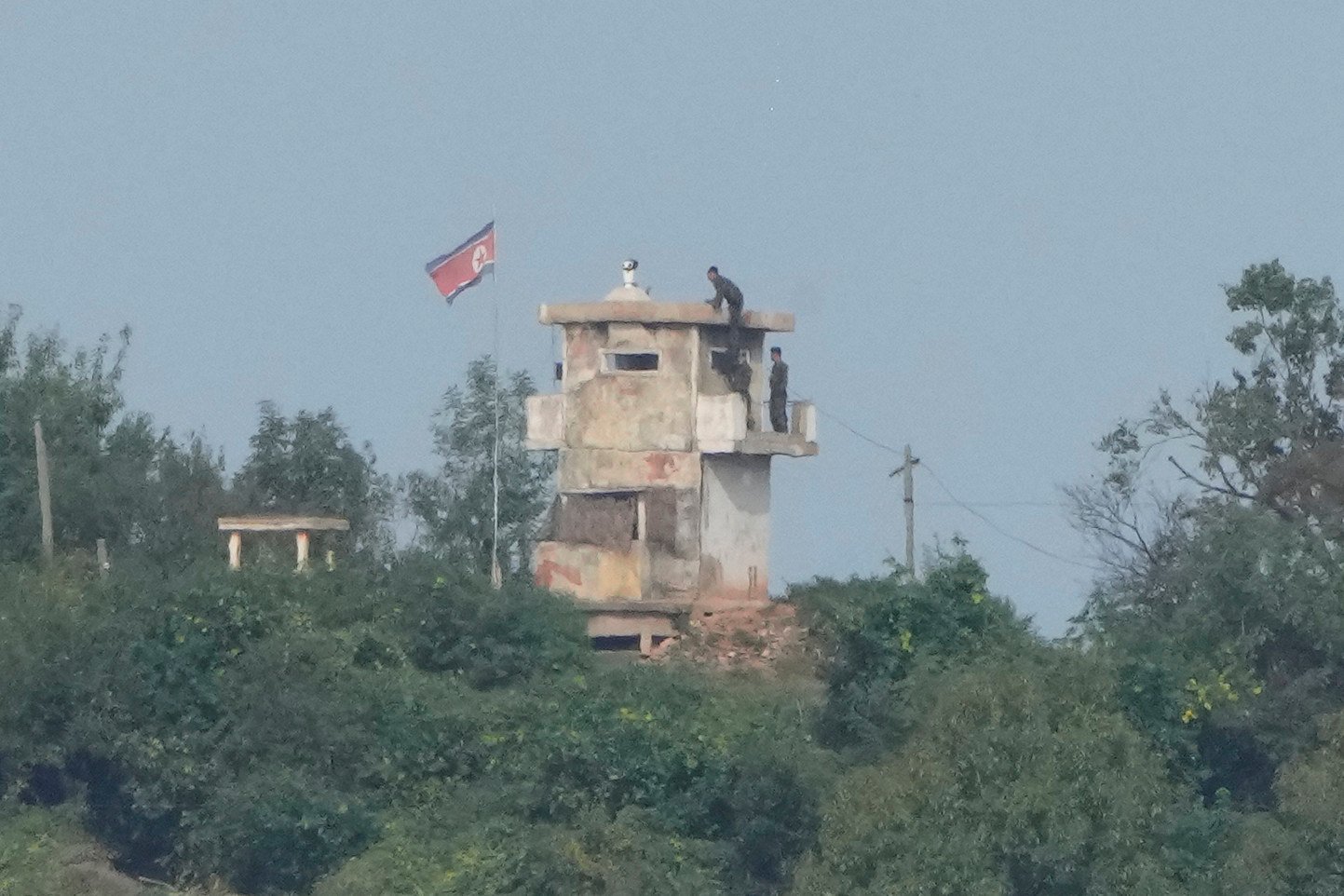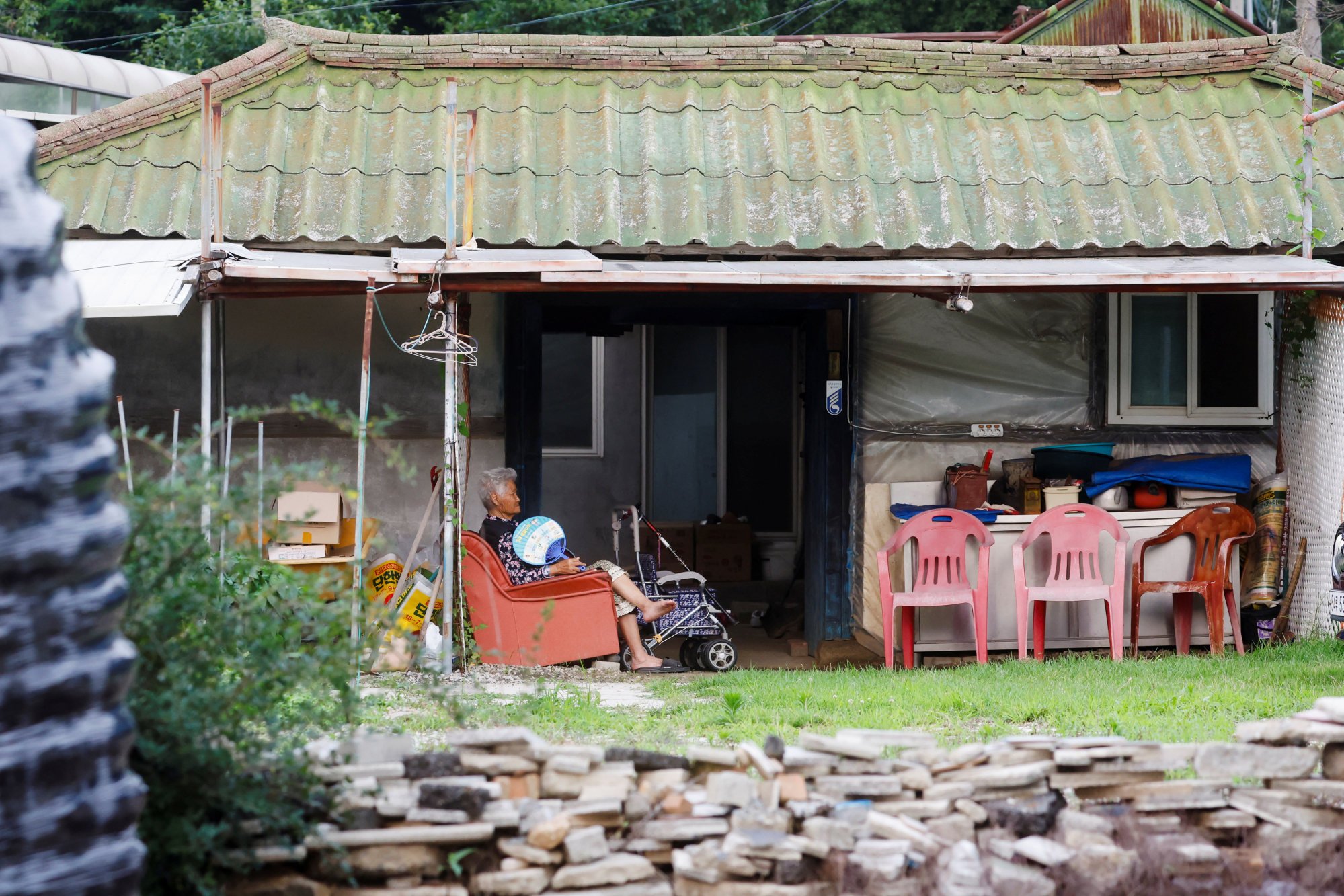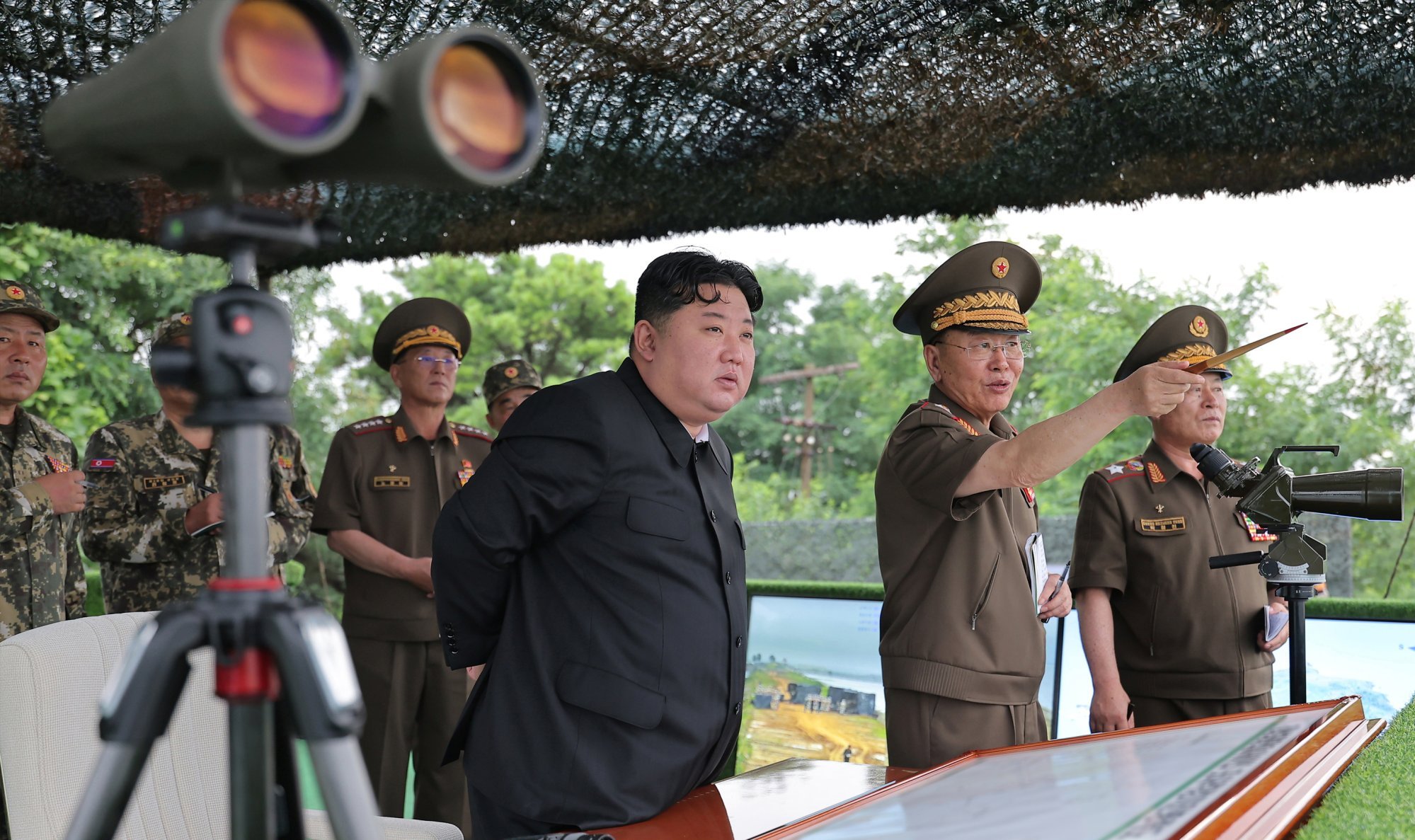Dialling down division: radio silence hints at Korean peninsula thaw
Pyongyang’s unexpected halt to radio jamming follows Seoul’s own suspension of propaganda broadcasts, kindling cautious optimism

North Korea has stopped jamming radio signals from the South, in what analysts see as a rare reciprocal gesture amid tentative steps towards lowering tensions on the divided Korean peninsula.
The move came days after Seoul halted government-run propaganda broadcasts aimed at the North, with a senior South Korean official describing Pyongyang’s response as unexpected but telling.
“We hadn’t anticipated that North Korea would stop its jamming signals, but it appears to be a reciprocal move in response to our suspension of broadcasts towards the North,” the official told reporters on Thursday.
“This shows that the North is closely and sensitively monitoring our actions,” the official added, noting that the move came despite Pyongyang’s formal designation of Seoul as a “hostile foreign state”.

Since the division of the Korean peninsula at the end of World War II in 1945, the communist North and the capitalist South have traditionally viewed each other as targets for reunification on their own terms.
But after cutting all official ties with Seoul early last year, Pyongyang also stopped its propaganda radio broadcasts on 14 different frequencies directed at the South.
Following the inauguration of South Korea’s new President Lee Jae-myung in June, who succeeded impeached conservative leader Yoon Suk-yeol, Seoul responded by shutting down its own government-financed propaganda broadcasts towards the North.
“If the North resumes its broadcasts towards the South, we will respond accordingly, but we will not be the first to provoke,” the official added.
Despite Pyongyang’s harsh rhetoric directed at both Seoul and Washington, South Korea continued to keep diplomatic channels open, he said.
“However, North Korea won’t come to the table easily, and certainly not immediately. We won’t rush to initiate dialogue either.”
Yang Moo-jin, president of the University of North Korean Studies, noted that Pyongyang had dissolved key government agencies responsible for inter-Korean affairs and propaganda broadcasts in line with its redefined policy towards the South.
While a new entity – Department No. 10 – has been tentatively created within the ruling Workers’ Party of Korea to handle issues vaguely related to the “enemy”, referring to South Korea, no concrete mission has been assigned to it yet, according to Yang.
“The propaganda radio broadcasts of both sides are obsolete legacies from the Cold War period,” Yang told This Week in Asia. “Both sides feel the need to stop the anachronistic psychological warfare, including leaflet launches and propaganda broadcasts.”
Unhandled type: inline-plus-widget {“type”:”inline-plus-widget”}
He also pointed out that the United States had scaled back funding for its international broadcasters such as Voice of America and Radio Free Asia, both of which aimed to provide news and information to audiences in countries with restricted press freedom.
The reciprocal halt of propaganda broadcasts and jamming signals came shortly after South Korea repatriated six North Korean fishermen whose boats had drifted into southern waters.
Since taking office last month, Lee has ordered an end to military loudspeaker broadcasts targeting the North and urged civic groups to stop sending anti-Pyongyang leaflets across the border.
“The North has been responding in positive ways to the South’s goodwill gestures over the past several weeks, paving the way for further reconciliatory steps,” Yang said.
“Both sides should build up on this momentum to open dialogue.”
But Cho Han-bum, a senior analyst at the Korea Institute for National Unification, took a more cautious view, saying the North’s latest actions were “reflexive” responses rather than a genuine policy shift.
“North Korea still sticks to its view that South Korea is a hostile state that has no ties with the North,” Cho said.

While overseeing an artillery drill on Wednesday, North Korean leader Kim Jong-un emphasised perceived threats from what he called “the arch enemy”, referring to the South.
Kim reportedly stressed that “clearly bearing in mind who is the arch enemy is the most powerful war deterrent”.
Still, Pyongyang is under increasing pressure to ease tensions with the US as its domestic economy continues to deteriorate despite deepening military cooperation with Russia amid the ongoing war in Ukraine, according to Cho.
“Rice prices have doubled, and North Korea’s won has lost half of its value against the [US dollar] over the past year,” Cho said. “Under these circumstances, North Korea feels no need to raise tensions with the South and hike expenses.”
Cho added that a window for dialogue could open once the war in Ukraine eased and Moscow’s military aid to the North diminished.
South Korea is set to host the Apec summit in the southeastern city of Gyeongju from October 31 to November 1, where it hopes to bring together US President Donald Trump and his Chinese counterpart Xi Jinping.
“I wouldn’t be surprised if some effort would be made by the Trump administration to see if Kim might meet,” Andrew Yeo, the SK-Korea Foundation chair at the Brookings Institution’s Centre for Asia Policy Studies, told Yonhap news agency.
“But it will be Kim, not Trump, who will decide whether a meeting is possible,” he added.
Rob Rapson, former acting US ambassador to South Korea, said that given “Trump’s flair for the dramatic”, an interaction with Kim around the time of the Apec summit could not be completely ruled out.